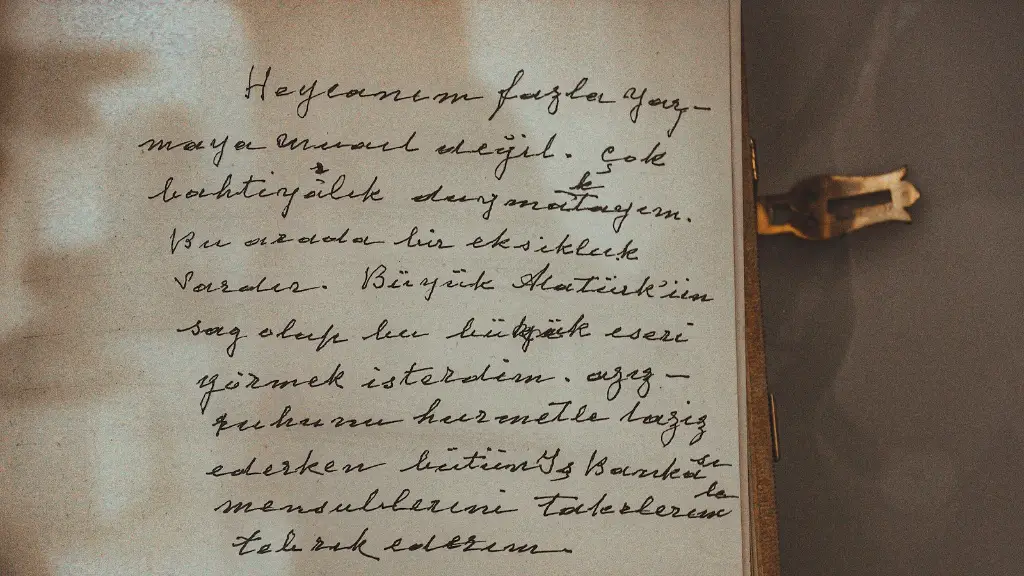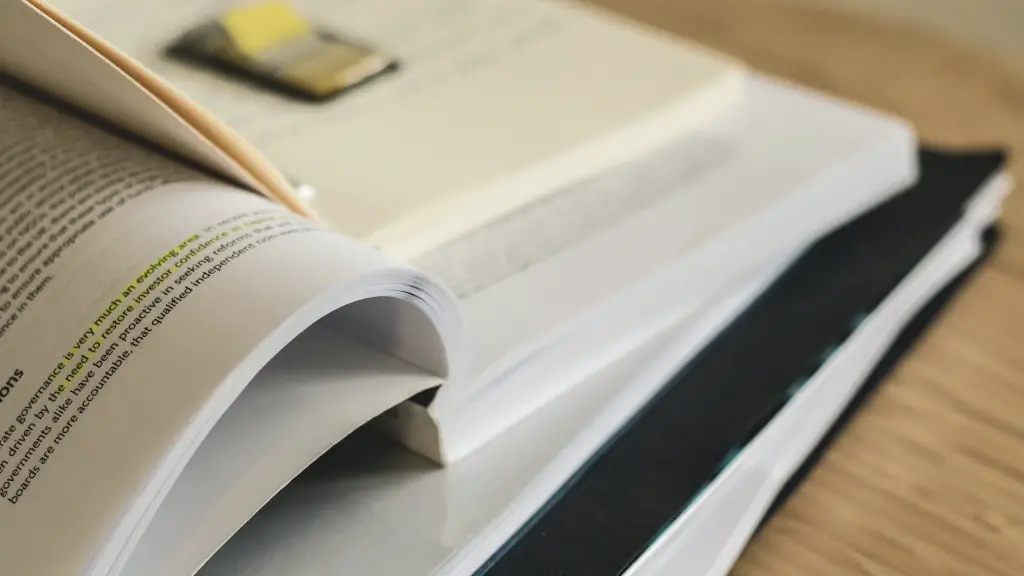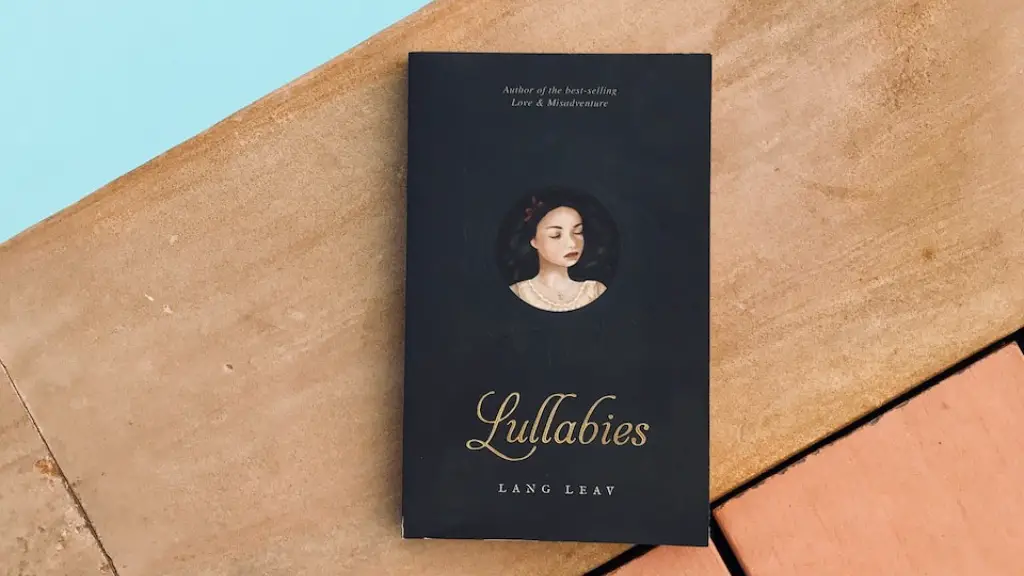Definition of Poetry Telling a Story
Poetry that tells a story is known as narrative poetry. Narrative poetry tells a story in an often author’s personal voice, often through verse and meter. Just like novels and short stories, narrative poetry has characters, scenes, settings, and plot lines, only they are much more compressed. Some examples of narrative poetry are “The Odyssey,” “Beowulf,” and “Paradise Lost.”
The Different Types of Narrative Poems
Narrative poetry can come in many forms, from the epic to ballads and lyric poetry. An epic tells a story over a long period of time, often several generations and includes gods, heroes, and larger-than-life events. Ballads, on the other hand, are simpler narrative poems and are often about stories of lost loves. Lyric poetry often includes personal stories, short and sweet.
The Role of Poetic Devices
Narrative poetry often contains a wide array of poetic devices, such as metaphor, simile, personification, alliteration, and symbolism. These are used to create imagery and bring the story to life. They also give the poem a more literary feel, as the poet is often trying to use their skill to create a piece of art rather than simply telling a story.
The Power of Narrative Poems
The power of narrative poetry is that it allows the poet to compress a story into a poem. This gives them power to be much more concise, and it also allows them to put a great deal of emotion into the poem. This can be a powerful way to tell a story, as it often speaks to the reader on a much deeper level.
The Importance of Poetry in Society
Poetry has been around for centuries, and it’s still important in society today. Poetry can be used to express emotions, ideas, and beliefs. Narrative poetry enables poets to tell captivating stories that can be used to spark conversations and debates, or to simply convey poignant messages. This can help to bring people together and facilitate understanding of different cultures and beliefs.
Techniques When Writing Storytelling Poetry
When writing a narrative poem, it’s important to keep in mind all the elements that make up poetry, such as figurative language, meter, and rhyme. It’s also important to have a clear structure and a coherent plot line, while still using creative techniques to keep the poem interesting and engaging. Writers should also consider the type of narrative they are telling, as different stories lend themselves better to specific types of narrative poetry.
The Role of the Poet
The role of the poet when writing narrative poetry is to be the storyteller. They must come up with the plot and characters, and then use poetic devices to bring the story to life. The poet must also be able to create a narrative that is captivating, entertaining, and emotionally resonant.
The Benefits of Writing Narrative Poetry
Writing narrative poetry can be a great way to express oneself and tell stories in an attractive, condensed way. It can also help to strengthen one’s writing skills and improve their ability to structure stories and use poetic devices. Furthermore, it can also be a great way to relax and escape the stresses of everyday life.
The Unique Quality of Narrative Poetry
Storytelling poems have a unique quality that sets them apart from other types of writing. The poetic devices allow the poet to bring out emotions, feelings, and ideas in a way that other forms of writing cannot. The condensed nature of the poem also gives it an air of mystery and mystique, as the reader is provided with only a few words to convey a whole story.
The History of Narrative Poetry
Narrative poetry has a long history, with examples dating back to ancient times, such as the Epic of Gilgamesh and Homer’s Odyssey. Throughout time, narrative poetry has evolved and adapted with the times, enabling it to remain an integral part of many cultures. Today, narrative poetry is still a popular form of expression, with many well-known poets writing in this style.
Exploring the Theme of Narrative Poetry
Narrative poetry can explore many themes, both timeless and modern, such as love and loss, war and peace, and even climate change. It is up to the poet to decide which theme they want to focus on and then tell their story in an effective and resonant way. It is especially effective when the poet is able to portray a theme in a unique or unexpected way.
Analyzing Narrative Poetry
When analyzing a narrative poem, it’s important to look at the elements of the poem, such as the tone, meter, and figurative language. It is also important to think about the narrative structure and consider how the poet has crafted the story and conveyed their message. Lastly, the reader should also pay attention to their own emotions and see how the poem affects them, as this can be a great way to get to the heart of the story.
The Influence of Narrative Poetry
Narrative poetry can be influential in many ways. It can help to shape the way people think and act, as well as instill moral lessons and values. Additionally, the stories and emotions expressed in narrative poems can be very powerful, and can even have profound effects on those who read them.
The Use of Imagery in Narrative Poetry
Imagery plays an important role in narrative poetry, as it helps to breathe life into the poem. By using vivid descriptions, the poet can create powerful images in the reader’s mind, and evoke emotion. This can help the reader to relate to the characters and situations, and can often make the poem more powerful and memorable.
The Importance of Rhyme and Repetition in Narrative Poems
Rhyme and repetition are two important elements of narrative poetry. Rhyme is often used to create a pattern or structure in the poem that can help to keep the reader’s attention and make the poem easier to remember. Repetition is also used to emphasize certain words or phrases, as well as to set the mood and pace of the poem.
The Impact of Narrative Poetry
Narrative poetry can have a profound impact on those who read it. It can be used to explore difficult topics, provoke thought and discussion, and even inspire others. Beyond this, narrative poetry can be an effective medium of communication, as it often speaks to the reader in a way that other forms of writing cannot.




